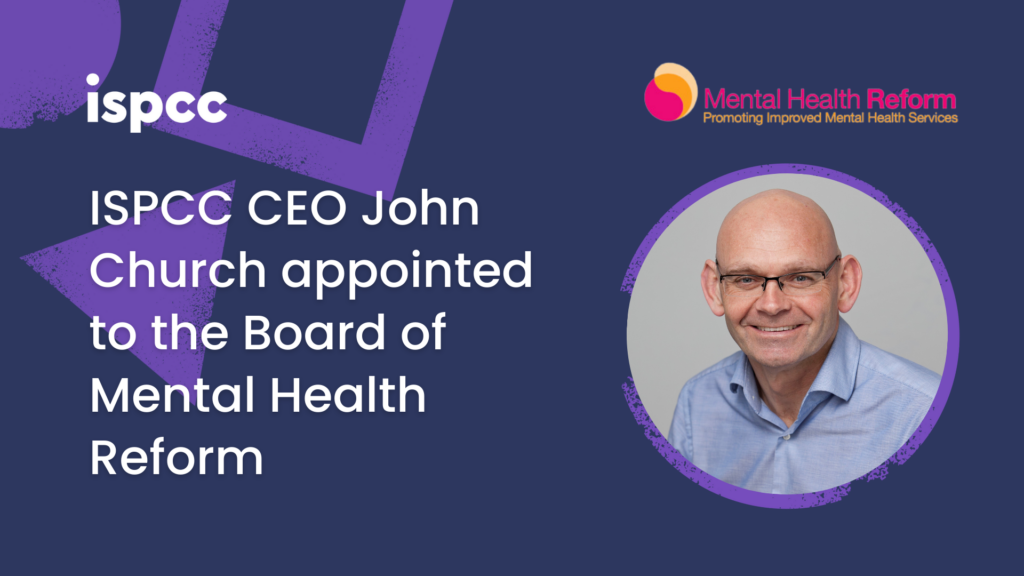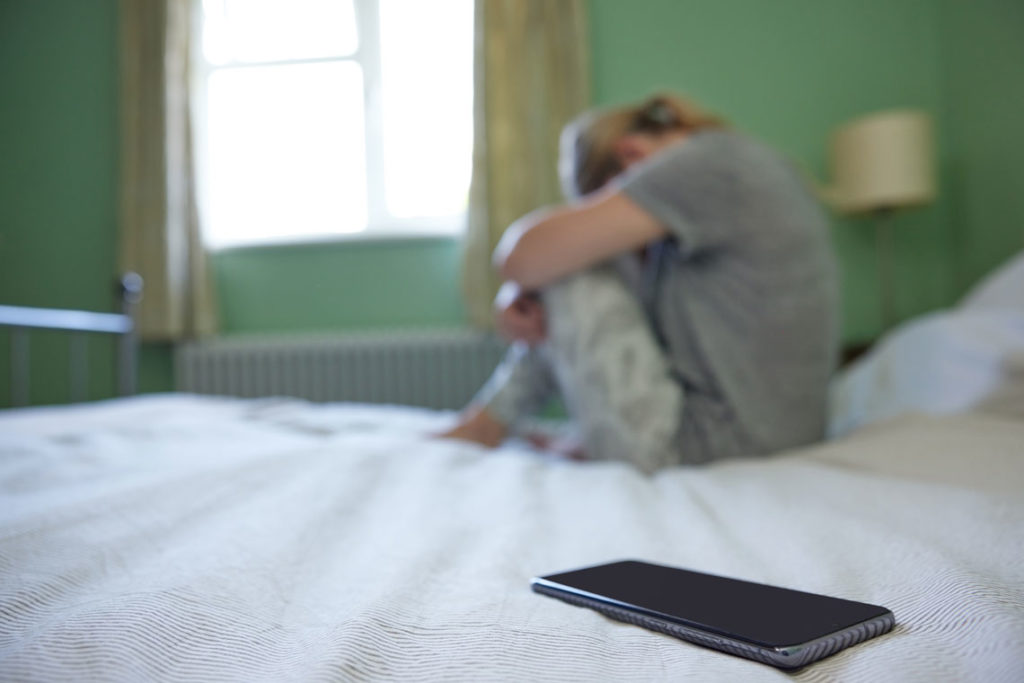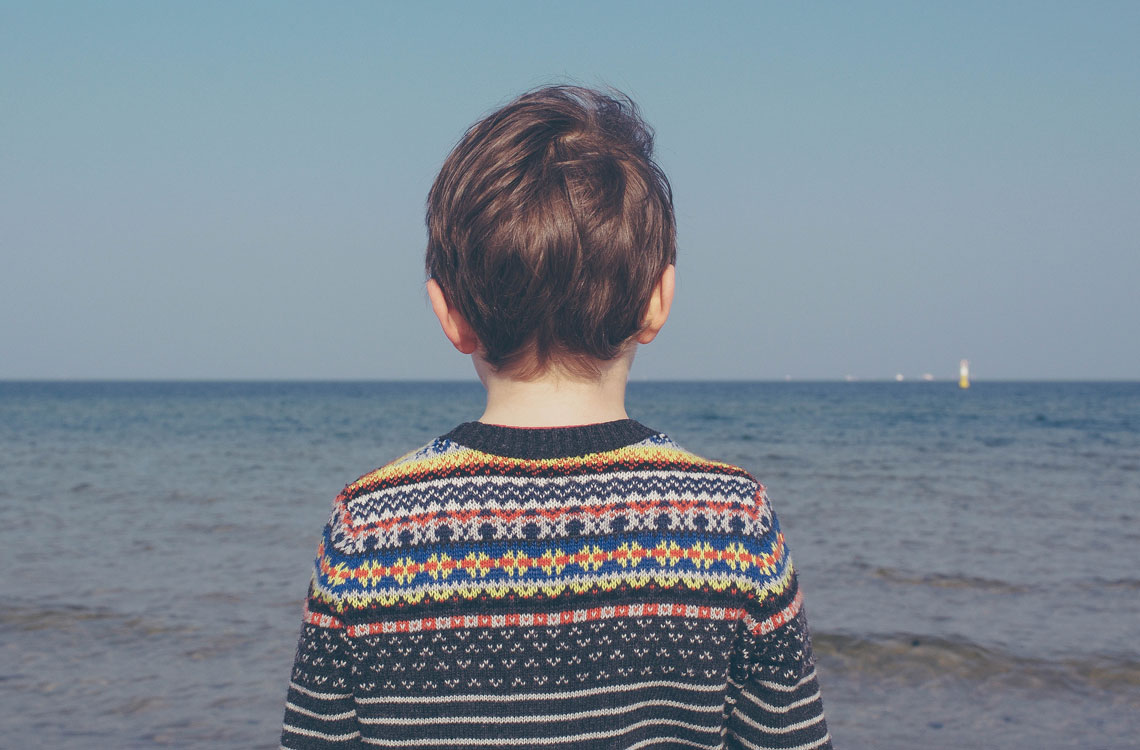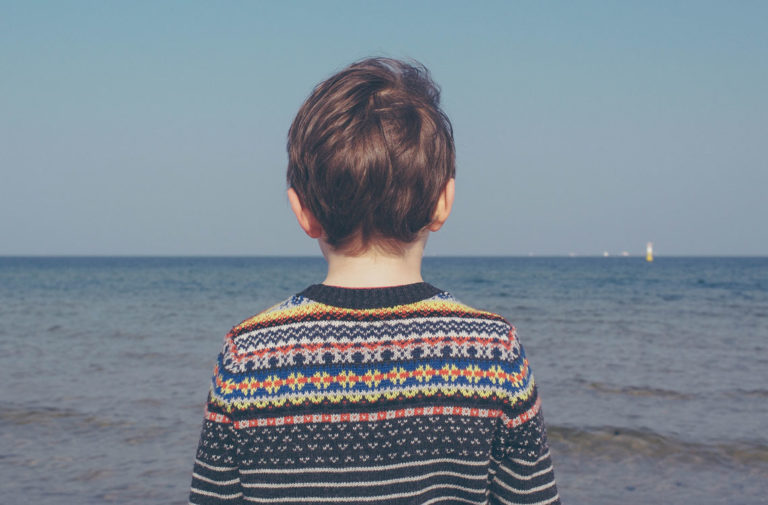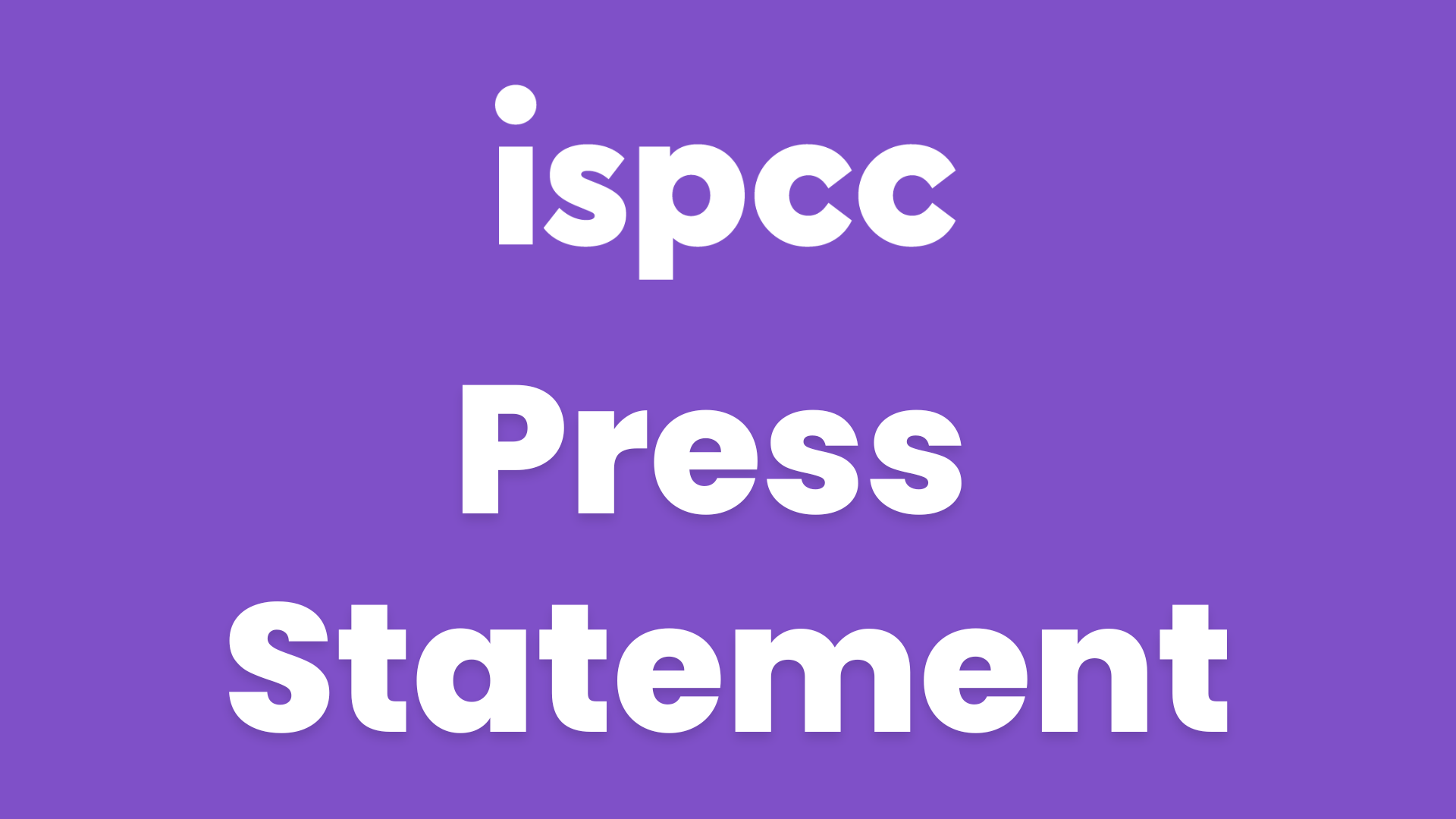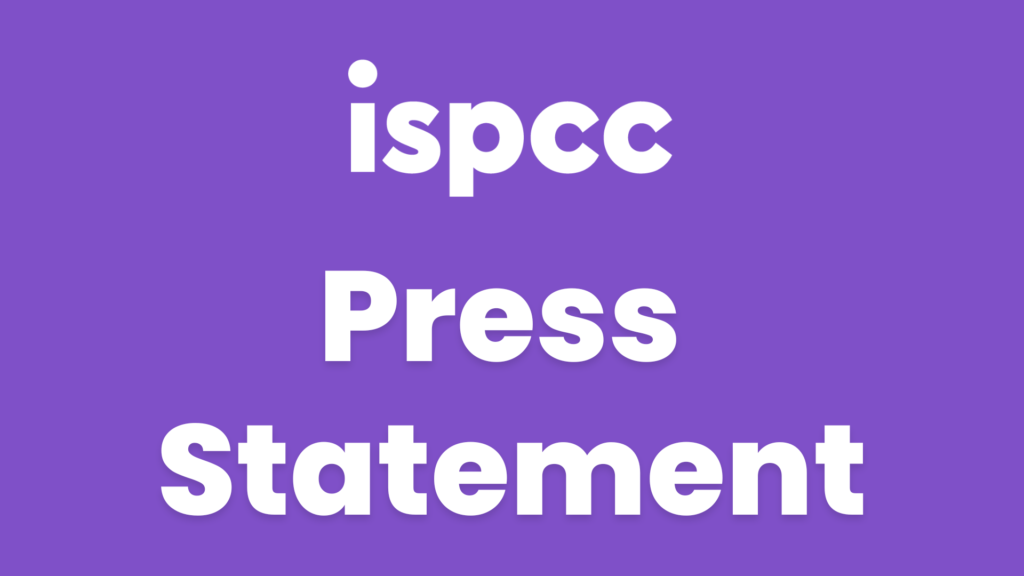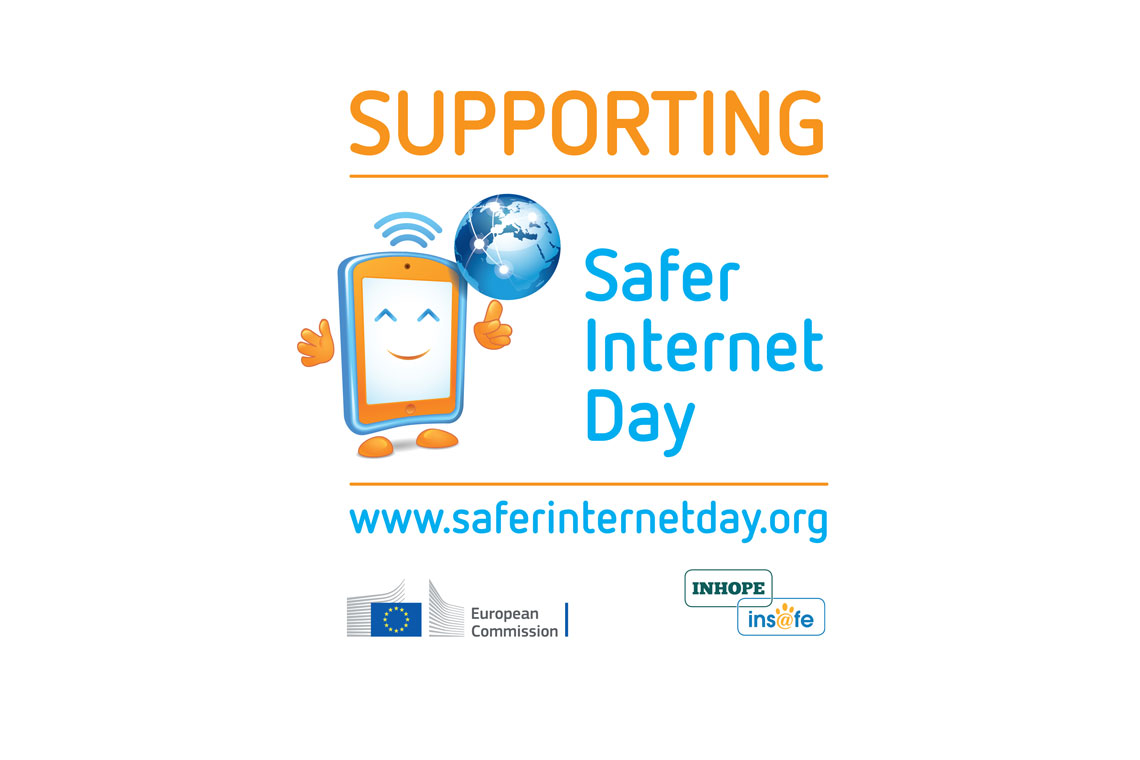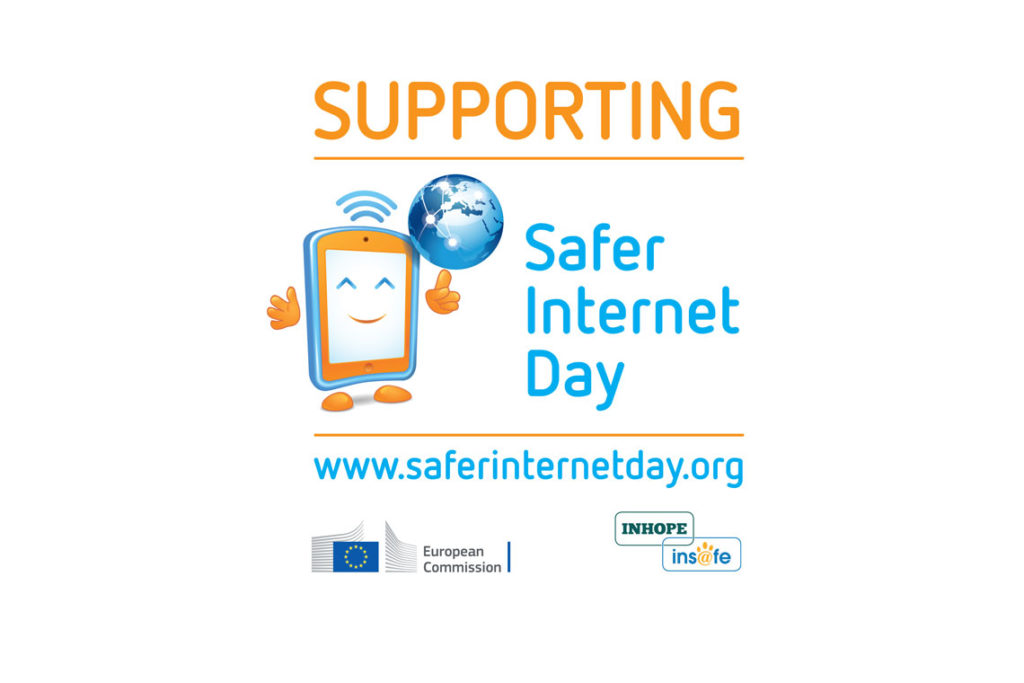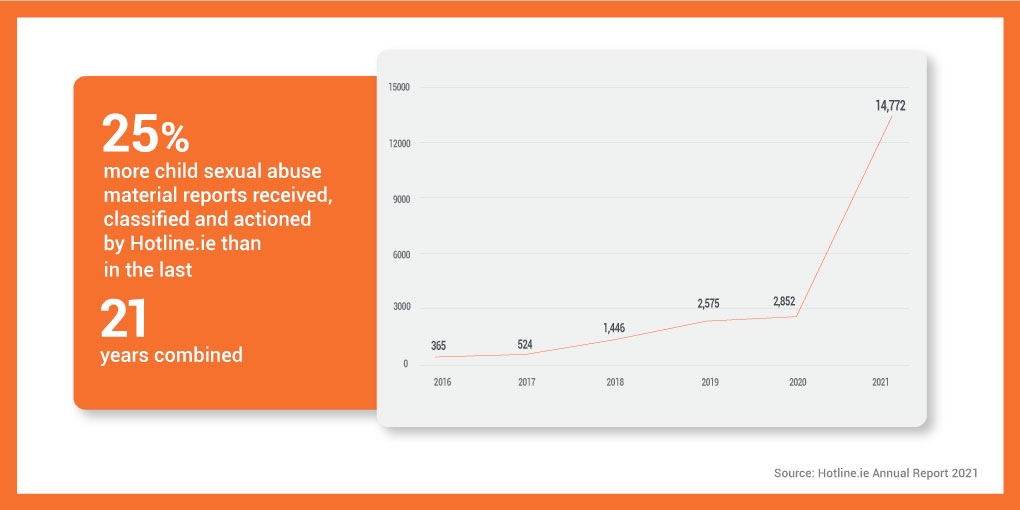
ISPCC welcomes Minister Mary Butler’s Budget 2024 announcements for children and young people’s mental health, in particular the creation of a new central referral mechanism. This will allow the HSE to triage referrals to the right service ensuring what the Minister refers to as a ‘no wrong door’ approach. We know first-hand of the frustrations of children and families when they are trying to access appropriate support and end up being moved around from waiting list to waiting list.
The allocation of funding for a new mental health app is positive and ought to help with signposting users to the services and supports that are available.
We also welcome the Minister’s comments on the important role NGOs, such as ISPCC, play in the delivery of mental-health support services in the community. As an organisation dedicated to supporting children and young people, ISPCC recognises the need for systemic change in how we, as a society, address mental-health concerns. Therefore, it is heartening to hear that a new head has been appointed to lead the work on reforming child and youth mental health.
The Budget 2024 investment is a welcome successor to that contained in Budget 2023. Then, funding was allocated for the first ever Clinical Lead for Youth Mental Health and the establishment of a dedicated National Office for Child and Youth Mental Health. These are both key steps in providing leadership and oversight in this area.
ISPCC Head of Policy and Public Affairs Fiona Jennings says that “we recognise the systemic challenges our mental-health sector faces and believe these can only be overcome by a concerted effort among all stakeholders. The announcement of a triage service to help direct children and young people to appropriate services is hugely welcome and will go some way to alleviating waiting lists.
“However, mental health funding remains a long way off from the 10% target of overall health spending by 2025.”
The combination of the proposed triage system, the establishment of the child poverty and wellbeing unit in the Department of An Taoiseach and that mental health may be a spotlight issue in the next national policy framework for children and young people mean that these initiatives ought to go some way to realising the pathfinder way of working and we welcome this.
Children with complex needs are a group of children who will require a particular focus and all efforts must be employed to ensure they do not slip through the cracks.
There has never been a more important time than now to prioritise the mental health of young people, as families face financial uncertainty, young people tackle new levels of social media pressure and they are exposed to the reality of wars and the aftermath of a global pandemic.
At Childline, we are dedicated to helping children with difficult situations and empowering them to strengthen their resilience, equipping them to cope with adversity and to come back even stronger after a difficult or stressful experience.
Childline can be reached online at Childline.ie or by calling 1800 66 66 66.
The service is confidential, non-judgemental and non-directive, meaning it doesn’t tell children and young people how to solve their problems.
Some children may feel that their issue is not important enough to seek support. But we believe everything in life is worth talking about.



